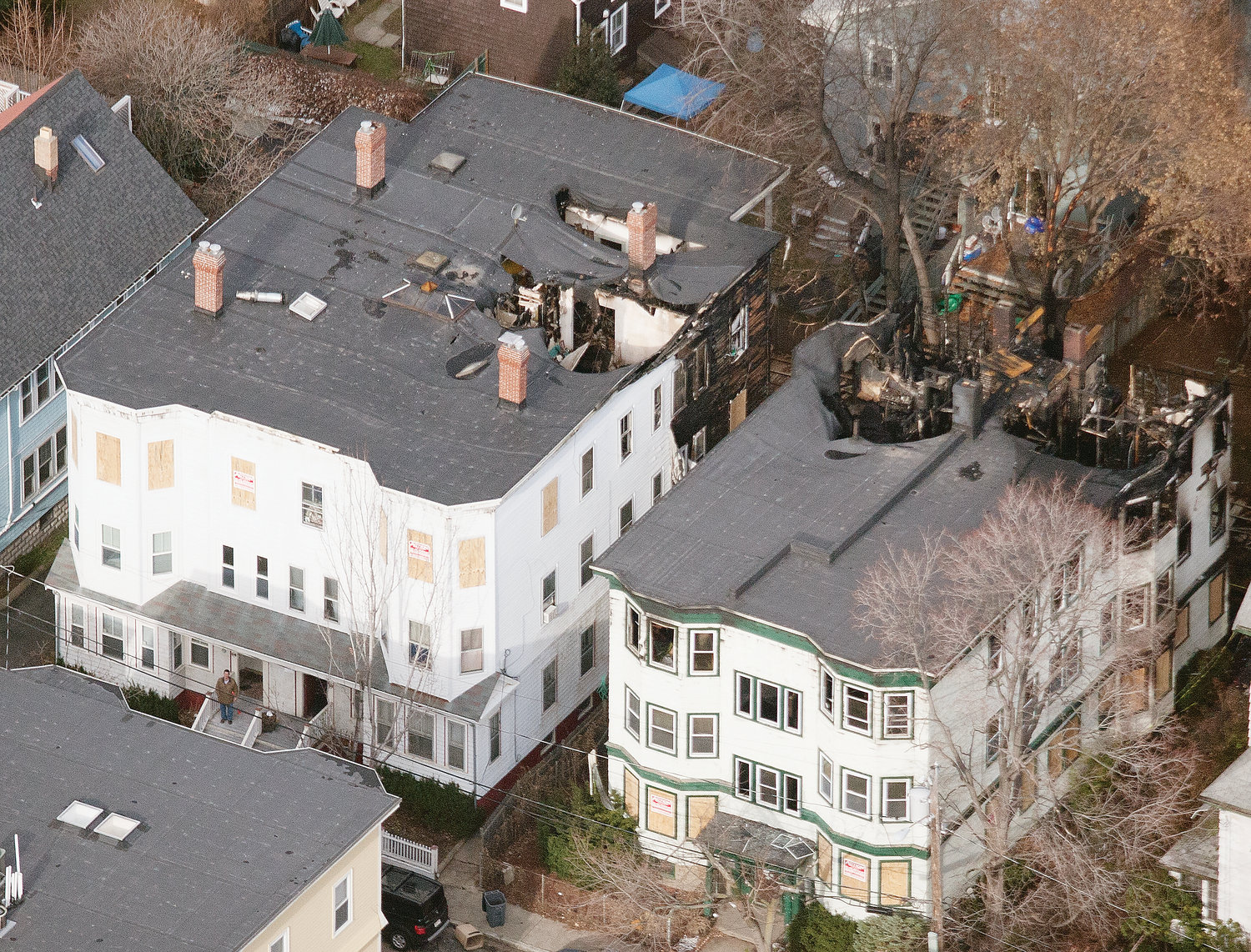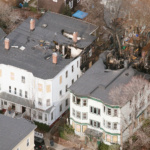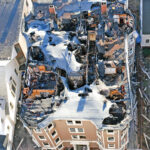Public Adjusters, on call, 24 Hours, Toll-Free 888-758-5597, or Online
What are some of the things you need to know about condominium insurance claims?
Condo claims are more complicated than a typical residential claim for several reasons. There are two parties involved in every condo claim: the Condo Association, represented by the condo board and property management firm and the property owners of the damaged units.

For Property Managers: In the immediate aftermath of an insurance loss, property management firms are challenged to maintain their normal workload while overseeing additional tasks related to the loss. The condo association’s board of directors, the unit owners, property manager and support staff, brokers, adjusters, cleaning companies, contractors, and more all have their roles in working through a condominium claim. Keeping everyone abreast of their piece of the claim is time-consuming. It’s easy to miss a connection with a key player. From a communications standpoint alone, this can add several hours to an already packed work week—and that’s just one aspect of the claims process!

For Unit Owners: Do you have enough coverage on your unit owner’s insurance policy to cover your portion of the association’s master policy? Do you know what your master policy deductible is? Do you know what your master policy and by-laws cover versus coverage for your individual unit? Can you identify the gaps in coverage? If you cannot occupy your unit, how will your living expenses be paid for while it is being repaired?

The Association’s Policy or Master Policy: Purchased by the condo association, this insurance policy covers the building, the common areas and sometimes, depending on your state or by-laws, the interior surfaces in each unit. However, the master policy does not cover everything of importance, such as a condo owner’s personal property, and the cost to live elsewhere while repairs are being made. Furthermore, many condo associations have had to reduce insurance premiums by raising the master policy’s deductible and/or reducing coverage. There are also geographic differences that occur state-to-state. For example, most association policies in New England cover the entire building. In Florida, however, most association policies cover only the common areas, and the unit owner has to cover his individual unit.

Unit Owner’s Policy: Unit owners may wish to have enough insurance to cover their portion of the master policy’s deductible plus an additional amount to cover a variety of other items that may not be covered under the condo association’s master policy. This can pose an enormous problem, as owners often aren’t aware of the limitations in the association’s policy—or that the master policy’s deductible has changed—so they do not increase their unit policy to protect themselves should a loss occur.
Download Our Free Condominium Claim Checklist
What you do in the first hours after a disaster can have a big impact on the size of your insurance claim. This checklist helps you understand the things you should do immediately after suffering a loss to your condo property.
"*" indicates required fields



